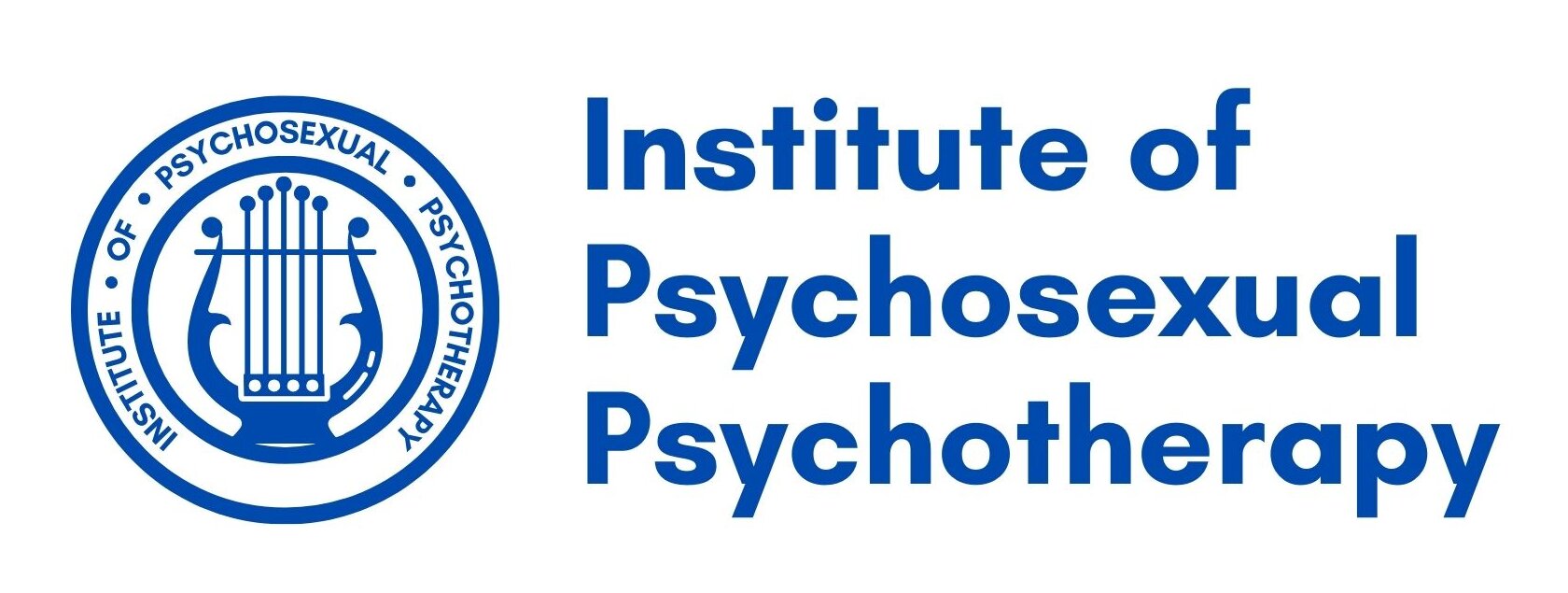Subtotal $0.00
Writing a blog about cultural sensitivity in psychosexual therapy is important, as it acknowledges the diverse backgrounds of clients and promotes inclusive, effective care. Here’s an outline and content ideas for such a blog:
Title:
Cultural Sensitivity in Psychosexual Therapy: Understanding and Respecting Diversity
Introduction
- Defining Psychosexual Therapy: Briefly explain what psychosexual therapy is and its purpose in addressing sexual and relationship issues.
- Importance of Cultural Sensitivity: Highlight why cultural sensitivity is crucial in therapy, especially in psychosexual contexts where beliefs, values, and norms around sexuality vary widely across cultures.
Understanding Cultural Sensitivity
- What Is Cultural Sensitivity? Provide a clear definition and discuss its importance in therapy.
- Intersectionality: Mention how various aspects of identity (race, ethnicity, gender, sexual orientation, religion, etc.) intersect and influence a person’s experience and understanding of sexuality.
Challenges in Culturally Sensitive Psychosexual Therapy
- Language Barriers: Discuss how language differences can affect communication and understanding between therapist and client.
- Cultural Norms and Taboos: Explore how differing cultural views on sex, gender roles, and relationships can impact therapy.
- Religion and Spirituality: Address the influence of religious beliefs on sexual attitudes and behaviors, and how these need to be considered in therapy.
- Gender and Sexual Orientation: Discuss how cultural attitudes toward gender identity and sexual orientation can shape a client’s experiences and challenges.
Strategies for Culturally Sensitive Practice
- Continuous Education: Encourage therapists to educate themselves on different cultures, religions, and sexual practices.
- Open Communication: Stress the importance of creating a safe space where clients feel comfortable discussing their cultural background and beliefs.
- Personal Biases: Encourage therapists to reflect on their own cultural biases and how these might affect their practice.
- Culturally Appropriate Tools: Suggest using assessment tools and therapeutic approaches that are validated and respectful of diverse cultural backgrounds.
Case Studies and Examples
- Successful Integration: Provide examples of cases where cultural sensitivity improved therapeutic outcomes.
- Learning from Mistakes: Share stories of when a lack of cultural sensitivity led to misunderstandings or setbacks in therapy, and what was learned.
The Role of Cultural Competence in Building Trust
- Building Rapport: Discuss how understanding and respecting a client’s culture can help build trust and a stronger therapeutic alliance.
- Empathy and Respect: Emphasize the need for empathy, respect, and an open mind in addressing sensitive issues related to sexuality and relationships.
Conclusion
- Call to Action for Therapists: Encourage psychosexual therapists to continually develop their cultural competence and remain open to learning from their clients.
- Empowering Clients: Highlight how culturally sensitive therapy can empower clients to better understand and navigate their sexual health and relationships.
Resources
- Further Reading: Suggest books, articles, and courses on cultural competence and psychosexual therapy.
- Professional Associations: Mention professional bodies or networks that support therapists in developing cultural sensitivity, such as AASECT (American Association of Sexuality Educators, Counselors, and Therapists).
This blog should be informative, engaging, and actionable, providing readers with both a deep understanding of the importance of cultural sensitivity in psychosexual therapy and practical strategies for implementation.


Comments are closed